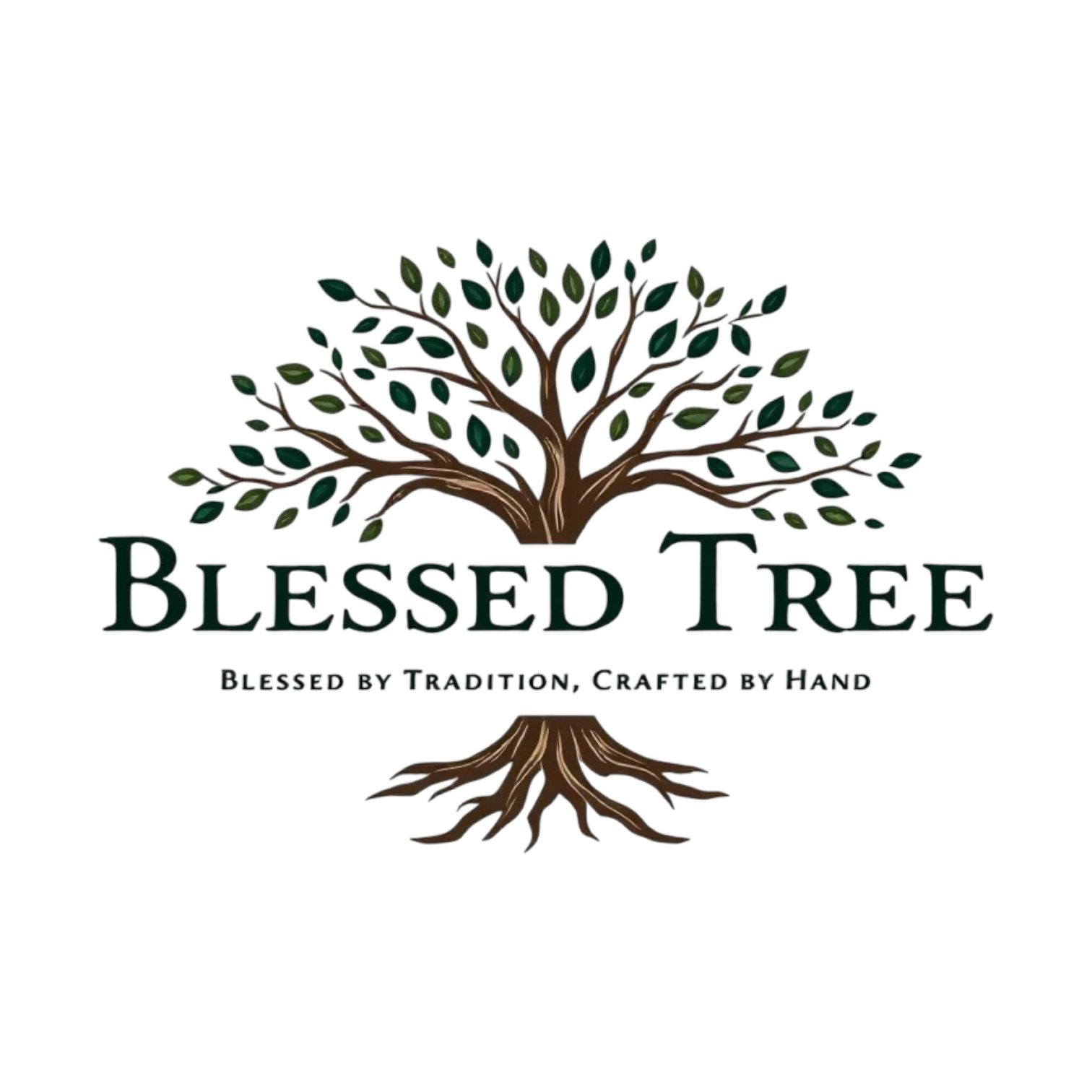
The Ancient History of the Olive Tree: A Journey Through Time
The olive tree (Olea europaea) has stood as a symbol of peace, prosperity, and longevity for centuries. Its history dates back to ancient civilizations, and its fruits have nourished and inspired cultures around the world. From its origins in the Mediterranean basin to its prominence in religious texts, art, and culture, the olive tree is far more than just a source of oil—it’s a living link to the ancient past.
Origins of the Olive Tree
The olive tree is native to the Mediterranean region, where its cultivation began as early as 3500 BCE. Thought to have originated in the ancient lands of modern-day Turkey, Syria, Palestine, and parts of North Africa, the olive tree spread throughout the Mediterranean and became a staple crop in the ancient world. The tree thrives in dry, rocky soils with hot, dry summers and mild, wet winters, which makes the Mediterranean’s climate ideal for its growth.
Historical evidence suggests that olives were first cultivated by the Minoans on the island of Crete, one of the earliest advanced civilizations in Europe. Archaeologists have uncovered evidence of olive oil production dating back to 2000 BCE, particularly in the form of ancient olive presses. These presses, designed to extract oil from the olive fruit, show that early civilizations understood the value of the tree’s fruit long before the widespread use of olive oil in cooking, medicine, and religious rituals.
Olive Tree in Ancient Civilizations
Ancient Egypt
The olive tree had a place in the world of Ancient Egypt, where it was used as a symbol of peace and divine blessing. The Egyptians did not cultivate olive trees on a large scale, but the tree appeared in their art, particularly in tomb paintings, signifying the tree’s connection to eternity and immortality. Olive oil was also valued in Egyptian culture, being used for anointing rituals and as a base for cosmetics and perfumes.
Ancient Greece
The olive tree reached its cultural and economic zenith in Ancient Greece, where it was so vital that it became a central symbol in Greek mythology, politics, and religion. According to Greek legend, the olive tree was gifted to the city of Athens by the goddess Athena. The Athenians prized the olive tree so highly that they even named their city after Athena, the goddess who bestowed them with the sacred tree.
The olive tree was central to Greek daily life, and its oil was used for everything from cooking to lighting lamps. Olive oil also played a significant role in Greek religious ceremonies and athletic events. Olympic athletes were famously anointed with olive oil before competing, symbolizing both physical strength and divine favor.
The economic impact of the olive tree in ancient Greece was immense. Olive oil was one of the most significant trade commodities, exported across the Mediterranean. The cultivation of olive trees also spread to the Greek colonies in Italy, Spain, and beyond, laying the foundation for olive-growing traditions that continue today.
Ancient Rome
The Romans took olive cultivation to new heights. During the reign of the Roman Empire, the olive tree became a cornerstone of Roman agriculture, contributing to the empire’s vast trade networks. Olive oil was not only used for culinary purposes but also for medicinal and cosmetic applications, including as a skin moisturizer and a base for medicines.
Romans were also the first to develop large-scale olive oil production facilities, some of which were capable of producing huge quantities of oil. These facilities helped sustain the growing empire, supplying oil to Roman soldiers, who relied on it for both nutrition and hygiene. The Romans took the olive tree to new regions, including the vast territories of modern-day Spain, France, and North Africa.
The Olive Tree in Religion and Mythology
Throughout the ages, the olive tree has been a powerful symbol in religious texts and mythologies, representing peace, purity, and life.
- Judaism and Christianity: In the Hebrew Bible, the olive tree is a symbol of peace and God’s blessing. The story of Noah’s Ark features a dove returning with an olive branch, signaling the end of the flood and the restoration of peace between God and humanity. In Christianity, the olive tree also plays a symbolic role, often associated with the concept of peace and reconciliation.
- Islam: The olive tree is also mentioned in the Quran, where it is described as a blessed tree, rich in significance. It is a symbol of life and enlightenment, and olive oil is used in various Islamic rituals.
The Olive Tree in Modern Times
Today, the olive tree remains an essential part of Mediterranean culture. Its historical roots run deep, influencing everything from cuisine to folklore. Olive oil continues to be a prized commodity, with countries like Spain, Italy, and Greece being leading producers of olive oil. The tree is also integral to ecological sustainability, helping combat soil erosion and drought, and providing a crucial habitat for many species.
Beyond its utility and symbolism, the olive tree’s deep cultural legacy reminds us of the interconnectedness of ancient civilizations, their understanding of nature, and their reverence for the environment. From the ancient olive groves of Greece to modern-day production in the Mediterranean, the olive tree endures as a symbol of peace, prosperity, and resilience.
Conclusion
The ancient history of the olive tree is a testament to its significance across cultures and civilizations. From the Minoans to the Romans and beyond, the olive tree has been a vital source of nourishment, economic wealth, and spiritual symbolism. Even today, the olive tree’s legacy lives on in the Mediterranean, where its gnarled branches continue to sway in the winds of history. Whether as a crop, a symbol, or a reminder of the ancient past, the olive tree holds a special place in the heart of humanity’s journey through time.
